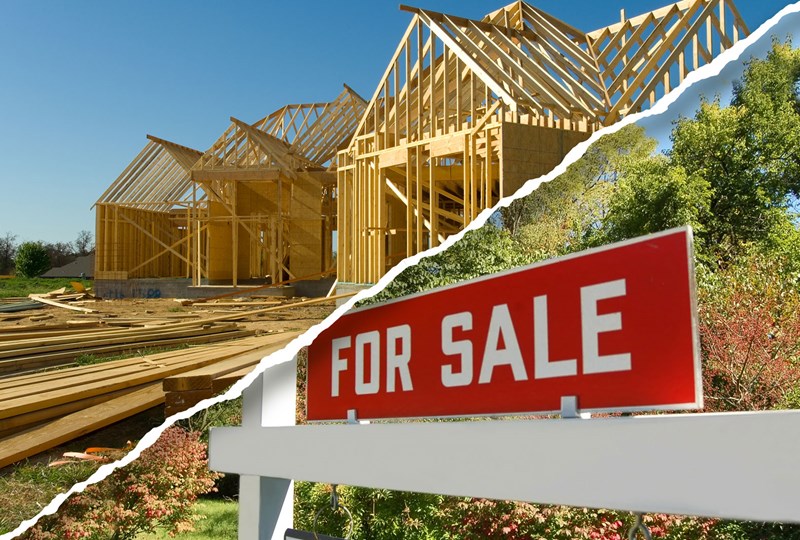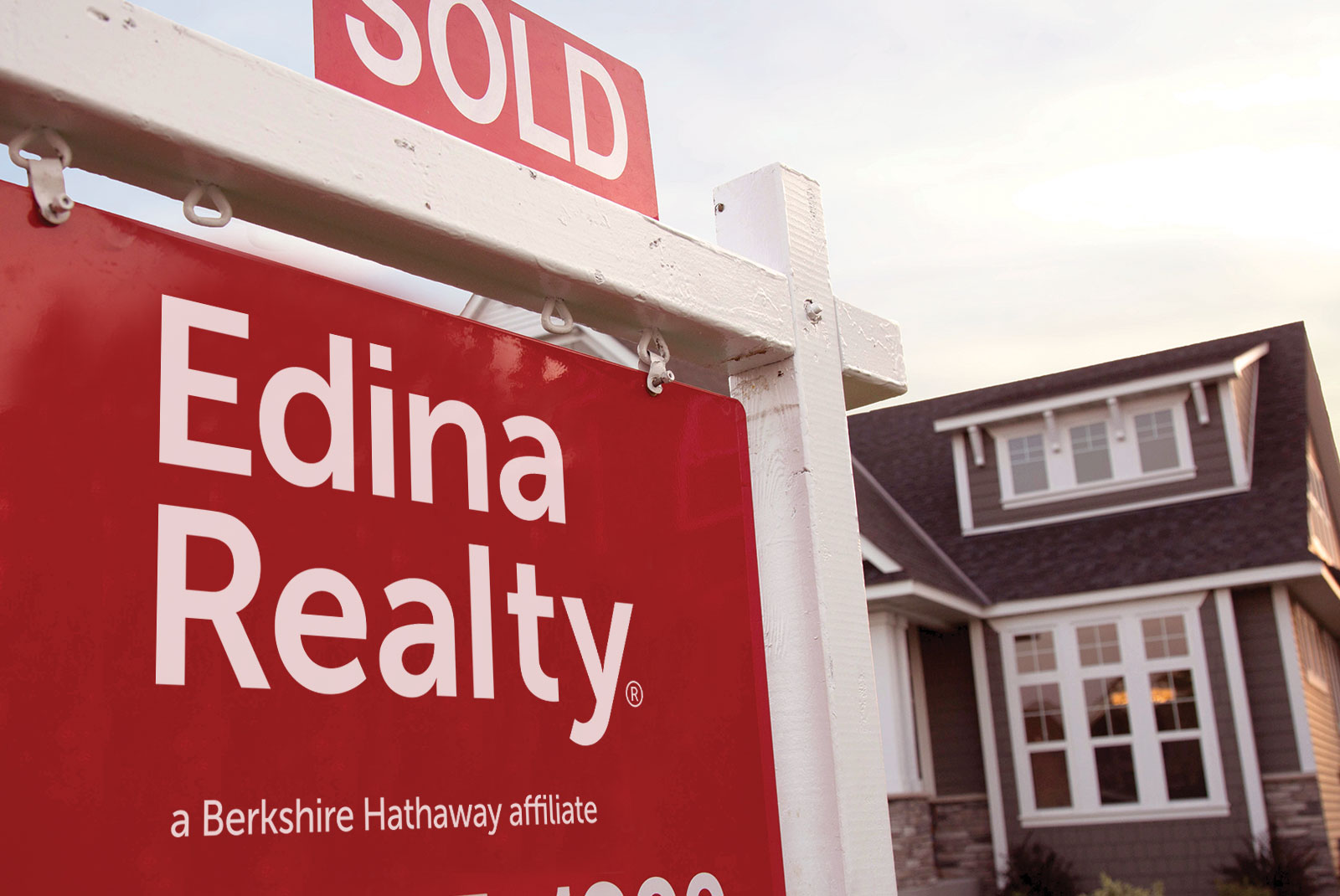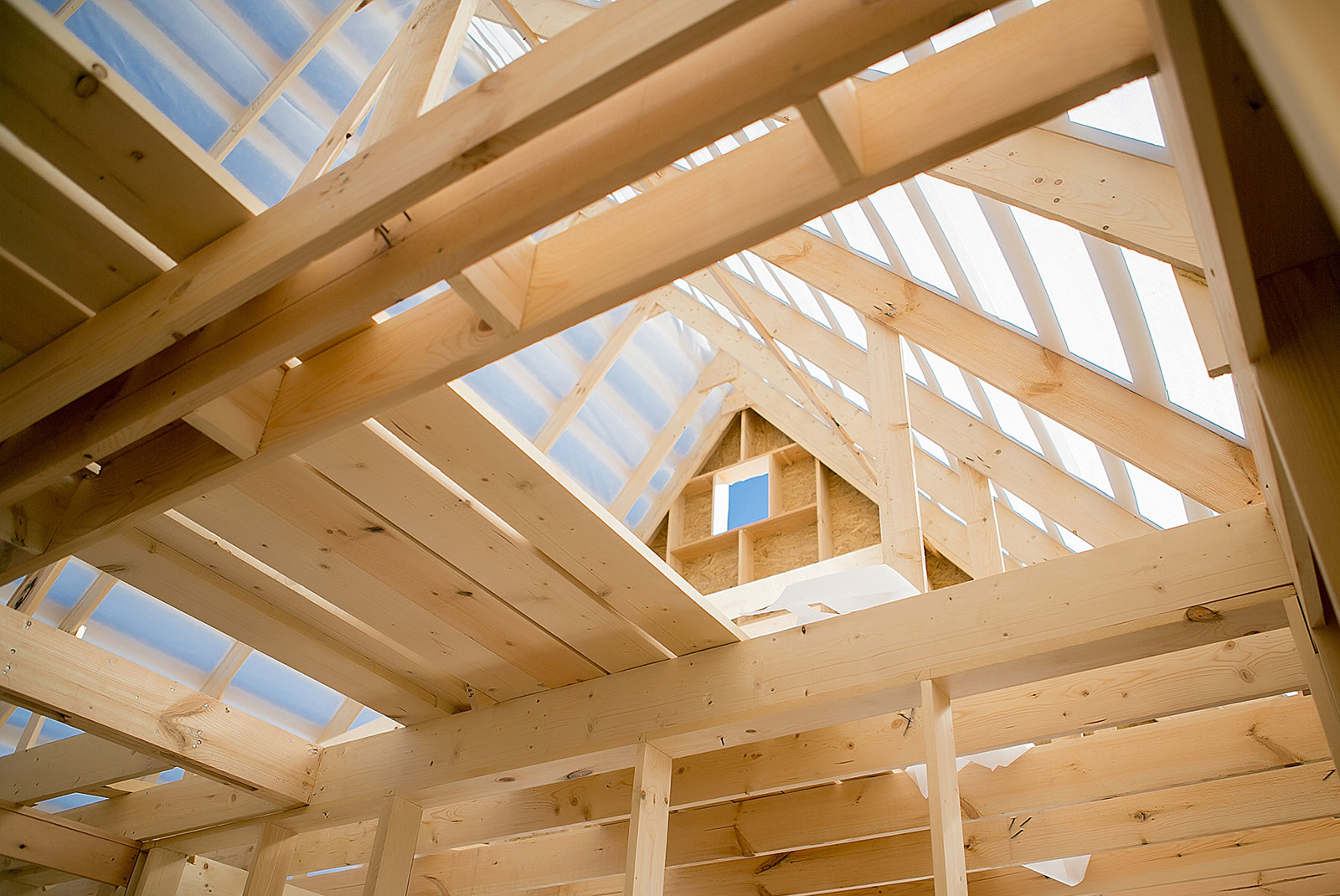
As inventory remains low and prices and competition rise, it’s not uncommon for buyers to wonder if they should be building a house vs. buying an existing property. As you consider whether you’d like to build, you’ll want to keep in mind the convenience of buying a move-in ready house, the costs of building or buying a house, and the benefits of designing a house in the custom home building process.
Building a house vs. buying
While some people have always wanted to live in a brand-new, custom-built home, others are considering the option to build a new construction property for the first time. In the Twin Cities metro area, the median home price is now well above $325,000, meaning that starter homes are hard to find and “move-up” homes are more expensive. As a result, many homebuyers are beginning to consider the benefits and costs of building vs. buying a home.
No matter what you decide, it’s important to start organizing your personal finances early. Be sure to:
- Get your credit score, which is a number used by financial institutions to determine how capable you are of taking on additional credit. If you hope to increase your credit score in order to meet a lender’s criteria, you’ll want to begin the process of improving it immediately.
- Understand your total expenses, including the cost of recurring bills (like your car or student loans), as well as what you can expect to pay in mortgage, interest, property taxes and interest. Your lender can help you understand your spending, and how it can affect your home buying budget.
- Plan your estimated down payment, whether it will come from your own savings or from mortgage gift funds provided by those close to you.
Buying an existing house

Nearly 86% of homebuyers choose to purchase existing homes. Why is this option so much more popular than building a custom home? Here are some typical factors buyers consider when choosing to build or buy:
- The timeline: Moving into an existing house can usually happen faster than building a new home.
- The location: Most new-build homes are within new developments, giving buyers fewer options when it comes to selecting a city or neighborhood.
- The initial cost: Historically, it has been cheaper to buy an existing home than it has been to build a custom home.
Pros and cons of buying a home
There are advantages and disadvantages to buying an existing home — from the cost, to the condition, to the location and opportunity for expansion or remodeling. It’s important for homebuyers to aim for their dream home, while also remembering that every property (whether it’s historic or brand-new) may come with some drawbacks.
Pros of buying a house
Aside from the long-term financial benefits of buying a home, there are also emotional gains to setting down roots in a community you love. Some points in favor of buying an existing home include:
- A faster moving timeline. If you hope to move quickly, then buying an existing home may be the right path for you.
- A more established community. In buying an existing home, you’re more likely to move into a neighborhood that has long-established traditions or amenities.
- A lower cost. Historically speaking, buying a house is often cheaper than building one.
- Fewer upfront decisions. When you buy an existing house, you can wait until you move in to make decisions about decor, upkeep and more.
Cons of buying a house
Of course, there are also downsides to buying an existing house. Even the best inspector can miss costly issues, and small remodeling projects can end up taking years if you don’t prioritize them. Buyers who aren’t sure if they should build or buy should consider:
- The cost of upkeep. Even the most perfectly-maintained existing home can hide issues that are costly and time-consuming to fix.
- The stress of the market. Extremely low inventory means that today’s buyers are faced with a lot of competition and high-stress transactions.
- Less control over timing. Our fast-paced market means that buyers need to be ready to move now, but must also prepare for months of putting in offers that are rejected or outbid.
Costs involved in purchasing a home
In the Twin Cities metro area, the median price of a single-family home was $327,500 in April of 2021. That’s a new record high, and it may mean that the cost of buying an existing home is creeping ever-closer to the cost of building a brand-new home. Of course, there are additional costs to existing homes that buyers should consider:
- Insurance, taxes and interest: If you’re a first-time homebuyer, remember that the cost of buying a home is not simply your monthly mortgage payment. Be sure to factor in the cost of homeowner’s insurance and your property taxes.
- Small updates: Whether it’s repainting the walls to better match your decor preferences, replacing hardware on the kitchen cabinets or buying more modern window treatments, there will be expenses as you match an existing home to your personal style.
- Large upgrades and repairs: Over time, you may have to replace costly home elements, including windows and roofing, or make investments into the plumbing and HVAC systems.
- Appliance failure: If you’re lucky, you may move into a home with new laundry machines and an updated kitchen. If not, you may need to purchase brand-new appliances as they fail from typical use.
- Exterior maintenance: Homeowners will incur small annual costs, like tree-trimming and landscaping, and may need to budget for larger projects like new siding or house painting.
- Remodeling: Most homeowners have a few ideas of how their space could be upgraded. Whether you’d like to add a sunporch, en-suite bathroom or refinish the basement, the cost of remodeling is something to consider.
Timeline for buying a home
Let’s talk about the ideal home buying timeline: If you are fortunate enough to get an offer accepted on a home, you may be able to close in as little as 30 days. This window of time includes the time it takes to get a loan approved and an appraisal and inspection completed. However, with today’s limited inventory, many of today’s buyers are searching for weeks — or even months — before one of their offers is accepted. This means that for buyers seeking existing homes, the timeline can vary quite a bit.
Building your own home

Building a house is less popular than buying an existing home; just 11% of homebuyers purchase new construction homes on land they didn't already own. While it’s much cheaper to build a house on your own land, only 3% of homeowners go down this route. So, why do less than 15% of buyers purchase new construction housing overall? Is it because of the house construction cost, or the process of building a house? Or something else altogether?
Homebuyers, here are some things you should know when building a house:
- Land ownership: Do you already own land you can build on? Or do you need to purchase land in order to build your home?
- The cost to build a house: Can building a house be cheaper than buying? How can you save costs when building a house?
- The building construction timeline: How long does it take to have a house built?
- The process of building a house: How involved will you be in day-to-day decisions? What will the communications between you and the builder look like?
Pros and cons of building your own home
From the bliss of choosing your kitchen backsplash from a catalog of 1,000 options, to the stress of making dozens of decisions you’ll have to live with for years, there are plenty of pros and cons when building your own home.
Pros of building a house
If you are considering buying land and building a house, the pros might seem pretty obvious: a brand-new home, built with custom finishes, hand-selected design elements and swoon-worthy spaces. But there are other benefits that you may not have considered, including how you can possibly save money when building a house. Let’s review some of the pros of building a home.
- Your dream home. When you get to build a home from scratch, you call the shots. And that means on move-in day, you’re really going to move into the home of your dreams.
- No-cost maintenance. Your new home should be defect-free. And in many states, Minnesota included, there are laws requiring builders to provide warranties for their work.
- Build a community. Many homeowners in developments find that their neighbors become fast friends, as everyone is new to the area and getting settled in at the same time.
- Enjoy the amenities. If you buy a home in a growing development, you may have access to amenities like a pool, jacuzzi, gym or walking trails. If you’re super lucky, you may even have someone who does your lawn maintenance and snow removal.
Cons of building a house
It’s easy to envision the benefits of building a house, but what are the disadvantages?
- Rising costs. By selecting custom elements or requesting design upgrades, you may greatly increase the total cost of your home build.
- The timing of the build. The process to build a new home can take several months or up to a year, depending on the customizations and builder you choose.
- A brand-new community. While many homeowners in new developments find that they love entering into a brand-new community, others may be disappointed by the lack of history and mature trees in their neighborhood.
- HOA fees. If you purchase in a development with built-in amenities, they will come at a cost. You may have to pay into a homeowner’s association monthly.
- Location. With only so much land to go around, you likely will have to move farther away from cities and developed areas, and potentially, from your place of employment.
Cost to build a house
Most would-be new home buyers have the same two questions: How much does it cost to build a house? And, can it ever be cheaper to build a house vs. buying a house? Nationwide, the most recent numbers from the National Association of Home Builders show the cost breakdowns for average new home construction:
- Finished lot costs: $89,540
- Construction costs: $296,652
- Builder profit: $44,092
While these are only the average costs, it’s easy to see a few ways homeowners could save money when building a house, or spend even more than they had anticipated. Here are some cost factors to keep in mind when building a home.
- The cost of land. The easiest way to “save” money when building a house is to already own the land where you hope to build. If you build on your own land, you could save an average of $90,000. Remember, the price will likely go up if you buy land closer to the city, or if you have to demolish an existing home in order to build on a purchased lot.
- Upgrades and finishes. Be sure to talk with the builder at length to determine what the standards are on your home. Will it include real wood flooring or laminate? Will the doors be solid core or hollow core? Is the deck included?These may not be details you care about — but if you want high-end finishes, you’ll want to know the costs of them in advance.
- Lot size. One way that developers are able to lower the price on new construction homes is to build them on smaller lots than in the past. If you’re dreaming of a larger plot of land, you may have to pay more or move out further from the city.
- Cost of materials and labor. As demand for new homes rises, the cost of labor and materials is skyrocketing as well. The price of wood has gone up 180% alone in the last year, leading to an average increase of $24,000 on the average home build.
- Finished vs. unfinished space. Many new construction homes in the Midwest come with an unfinished basement, or the option to have it refinished before move-in. Each homebuyer can decide if that’s a project they want to take on in the future, or if they want to include it in the initial build.
Timeline for building a home
The building construction timeline varies, depending on the type of home you are buying and building.
- Production-built homes, which offer pre-set designs and few customizations, can be ready in 3-4 months.
- Semi-custom homes, where buyers can select from a few different options (such as finishes, appliances, facade) can be ready in 4-6 months. Buyers may also be able to request some small upgrades that aren’t in the original design.
- Custom builds, which are typically one-off properties in a more established neighborhood, can take up to one year or longer. Custom home buyers will be able to select every element of their property.
Whether you build or buy, partner with Edina Realty for confidence
As with all big decisions, deciding whether to build or buy a house may take a lot of time, thought and research. By working with the right builder (and REALTOR®) or selecting the right lot, you may find it’s cheaper to build a house than it would be to buy in your dream area. For buyers who hope to move quickly, buying a move-in ready existing house may be the right choice.
No matter what you decide, be sure to work with a conscientious local expert who can provide insights and guidance along the way. Edina Realty has more than 2,300 Realtors and deep specialization in new construction across Minnesota or western Wisconsin. Reach out today or talk with your agent to get started.









 ©2026 Prosperity Home Mortgage LLC®. (877) 275-1762. 3060 Williams Drive, Suite 600, Fairfax, VA 22031. All first mortgage products are provided by Prosperity Home Mortgage, LLC®. Not all mortgage products may be available in all areas. Not all borrowers will qualify. NMLS ID #75164 (For licensing information go to: NMLS Consumer Access at
©2026 Prosperity Home Mortgage LLC®. (877) 275-1762. 3060 Williams Drive, Suite 600, Fairfax, VA 22031. All first mortgage products are provided by Prosperity Home Mortgage, LLC®. Not all mortgage products may be available in all areas. Not all borrowers will qualify. NMLS ID #75164 (For licensing information go to: NMLS Consumer Access at